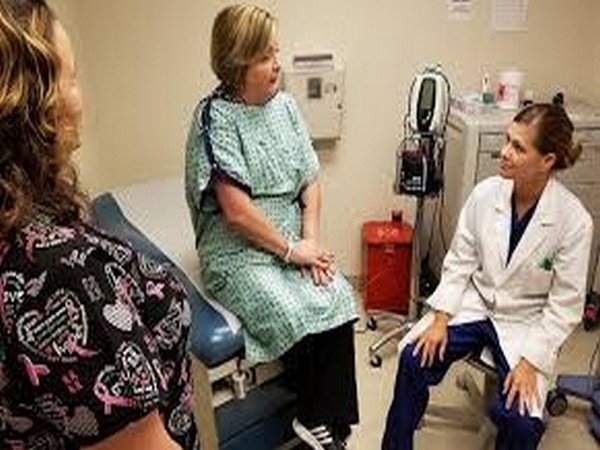Washington: Women who undergo radiation therapy to treat childhood brain tumour are more likely to suffer long-term cognitive impairment than male survivors, claims a study.
The study was published in the ‘Journal of the International Neuropsychological Society’.
“Some of the survivors are doing quite well. Others are quite devastated by the treatments. So, there’s a huge range in outcomes and we are trying to look at the various factors involved that may explain these differences,” said Tricia King, senior author of the study.
“Instead of research focused only on whether or not someone lives, we are now looking at the quality of survival. What’s happened now is the push for precision medicine that will provide individualised treatment to optimise outcomes. Our team is interested in identifying critical factors that may contribute to better long-term outcomes of survivors,” said King.
Tanya Panwala, the lead author of the study, said the researchers focused on sex differences. “That was something that was very understudied in the research,” said Panwala.
The team recruited 45 adult survivors of posterior fossa childhood brain tumours and had them complete a series of standardised tests to measure intelligence, attention, working memory and independent-living skills.
The tests showed female survivors were more affected by radiation therapy than their male counterparts in basic life skills such as reading, memory, social interactions, self-care, and cognitive processing speed.
“We found that females were more negatively affected by the life-saving radiation treatments than males,” King said.
“This showed up in their activities of daily living in the community. So, the more challenging, higher-order skills that people need to be contributing members of society are disrupted and more so for females that had radiation than the male survivors,” King added.
“Because there are sex-specific differences in survivors, these get washed out when you just look at the group of tumour survivors as a whole,” King added.
“To advance science, we really need to look at these groups separately. There are lots of hypotheses of why that may be, but we need to look at the biological factors that are making females more vulnerable to life-saving radiation treatment,” said King.
[source_without_link]ANI[/source_without_link]

